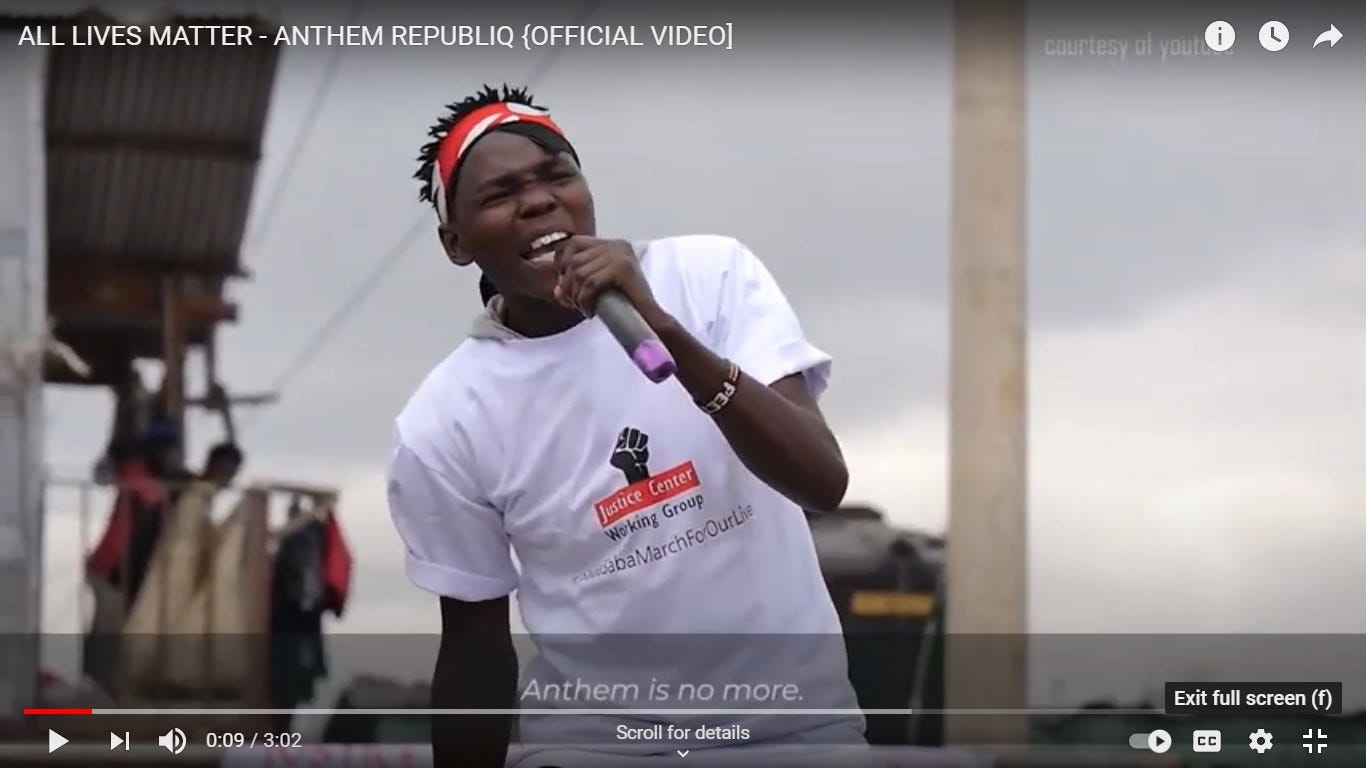A check-in with our community’s criminal minds
As a Kenyan citizen or a tourist visiting the Silicon Savannah, you have probably lost a valuable item to a syndicate of criminals or you know someone who has been a victim of theft. Crime is an emotive issue in Kenya and the East African region but remains an all too familiar justice problem that has almost been accepted as part of our daily routine. So prevalent is the crime problem that in 2017, 13% of all adult Kenyans reported encountering crime in their daily life during the past four years according to the Justice Needs and Satisfaction Survey conducted by HiiL. Thefts, burglaries, and robberies topped the charts as the most prevalent in the list of serious legal problems encountered by Kenyans based on the survey.
Similarly, Uganda is plagued by crime as a pervasive justice issue based on the HiiL Justice Needs and Satisfaction Survey done in the country in 2016. The survey revealed that the problem most often experienced in Uganda is theft including burglary and robbery, which had been experienced by 11% of the Ugandan people in the past four years as of 2016.
Undoubtedly, crime reporting is almost taboo in Kenya with a clear mistrust of the criminal justice system as only one in four people who report a crime in Kenya is able to solve the problem completely based on the HiiL Survey.
Additionally, a great majority of the Kenyans who experience crime are less likely to take any action according to the justice needs survey done in Kenya in 2017 by HiiL. While Kenyans are reluctant to report crime due to the high probability of incomplete resolution, it is a crucial step in attempting to resolve the justice problem thus presents a ripe area for innovation. Only 88,268 crime cases were reported to the police in 2018 according to the 2018 National Police Service Annual Crime Report.
In a bid to resolve the menacing justice problem of crime, the time is right to consider innovative ways to report crime, preserve evidence and even raise awareness about crime in our community. What can you do, you wonder?

Poetry as a cure to police-related crime
When you picture art what is the first thing that runs through your mind? Perhaps it is a colorful portrait that takes you on a trip to a serene place which envisages peace and tranquility or maybe it is a poem or musical performance by your talented and admired artist telling a love story? Imagine the art was a heart-wrenching spoken word performance that put you on the edge of your seat, telling the story of extrajudicial killings and police brutality prevalent in your neighborhood. It would be something of a horror movie, wouldn’t it?
Anthem Republiq is one such artist…né artivist in Kenya who bravely and passionately uses spoken word poetry to raise awareness of the grave crime of police-related killings and enforced disappearances in his community in Mathare. Through a moving performance of spoken word during the Poetic Justice webinar, he gripped the audience’s attention with a heart-rending story of extrajudicial killings in his neighborhood. The 3-minute performance left appalled faces among the audience in disbelief of the emotive police-related crime.
In spite of little being said and done to address the police brutality, Anthem Republiq has taken up arms unleashing the firepower of his spoken word talent to stop the extrajudicial killings and enforced disappearances in his community. According to the Missing Voices Kenya data, 778 people have been killed by the police or reported missing since 2007 with Nairobi County accounting for the most deaths by police and enforced disappearances at 348.
Pawa254, an art and cultural hub in Kenya, is contributing immensely to the pool of solutions to resolve police-related crimes by supporting artists in using their talent for social justice such as Anthem Republiq. Indeed, this goes a long way in curing the ailing justice health in our community. You can check out Anthem’s spoken word performance on YouTube.

Catching the thief with a text
Let’s change our lens for a minute. What trigger do you get when you encounter an entrepreneur? Do you get wowed by the ingenuity of the idea they conceived that solves an everyday problem and presents a much easier way of going about life? Or do you admire the flashy lifestyle and wealth exuded by successful entrepreneurs after flipping their enterprise for a ton of money? While the glitter of gold is very appealing, some entrepreneurs have chosen to find gold by solving justice problems such as crime in our society.
Mulika Platform is one such enterprise run by a tenacious entrepreneur, Grace Wanjohi, who is solving the issue of crime by providing an easy and accessible mobile SMS and application service for reporting crime in Kenya. Mulika is Swahili for illuminate or light up hence suiting the crime reporting platform. Grace has successfully disrupted crime reporting in Kenya from the taxing physical reporting at police stations to a fast and efficient virtual police station.
Through the SMS CODE 988, or the MULIKA APP, you can send in your information either as a victim or a witness to a crime. The text will be forwarded immediately to 5 security chiefs in your county namely; The County Commissioner, The County Police Commander, The County Coordinating/County Administration Police Commander, The County Criminal Investigation Officer, and National Intelligence Service.
Admittedly, Grace Wanjohi has set the pace in crime reporting innovation in Kenya with her Mulika Platform having partnered with the Ministry of Interior and Coordination of National Government to boost security in the country. You can explore Mulika’s reporting innovation by reporting a crime using the SMS Code 988 or downloading the Mulika App on Google Play Store as illustrated on this video.
In short, arts and entrepreneurship are playing key roles in resolving crime as exhibited by Anthem Republiq’s spoken word poetry and Grace Wanjohi’s Mulika Platform. What other arts and innovations can we use as tools for social justice?
By Morgan Gikonyo

Recent Comments